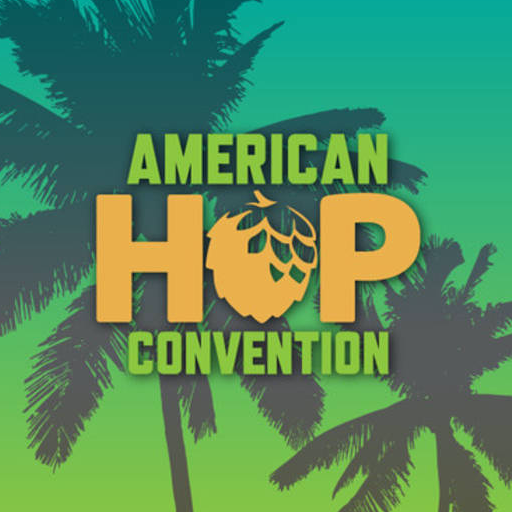
Having just returned from the annual American Hop Convention, I must say it was nice to get back together in person after a year in virtual hell. Conventions are known for their formal presentations, but the whole reason that people “convene” is for the informal discussions that are often as important, or even more important than the formal presentations.
Things that were wide-eyed, forward-thinking innovations in the hop industry three to five years ago are now mainstream. People move around, get promoted, have new responsibilities, and enjoy a few beers together. Prepare for hops to get more costly over the next few years, particularly in Washington state, as their state legislature passed mandatory increased wages and overtime restrictions to be phased in over the next few years. The angst directed by Yakima Valley hop growers toward the Seattle/metro legislative majority…is putting it mildly. Harvest time for any farmer around the world knows no clock.
As my mother used to say “you make hay when the sun shines”, and when the hops are ripe, the harvest window is narrow. All hop growers operate 7 days a week for the roughly 30-35 day harvest window, with some large growers operating 24/7. That means that some 80-90 hour work weeks, (which had traditional agriculture exemptions because they are balanced with time off work), will be subject to overtime after 40 hours each week, phasing in fully by 2025. The positive news was the new public varieties developed by the Hop Research Council, if for no other reason than to reduce the costs associated with certain high-cost proprietary varieties. Public varieties that any hop farmer can grow without royalties is one of the objectives, to ultimately benefit the brewer.
The Experimental variety previously known as 074 has been officially named “VISTA”, the first new public US variety in about three years. It was pointed out that one in five hop plants in the Pacific Northwest last year was Citra, underscoring the brewing industry’s dependence on private varieties. One of the more notable presentations was the first-ever Lifetime Growth Cycle assessment of hops. A fascinating look at the complete Greenhouse Gas Emissions from farm to brewer, coming out of the UN Climate Change Conference last November in Glasgow, Scotland, underscoring an urgency for strong climate action. Good on ya, hop industry. And one of the points made in the presentation was a statement by Anheuser-Busch to reduce the environmental impact “from seed to sip”, whereby their stated goal is to reduce CO2 emissions across the value chain will be reduced by 25%. A leadership position from the largest beer company in the world is duly noted.

